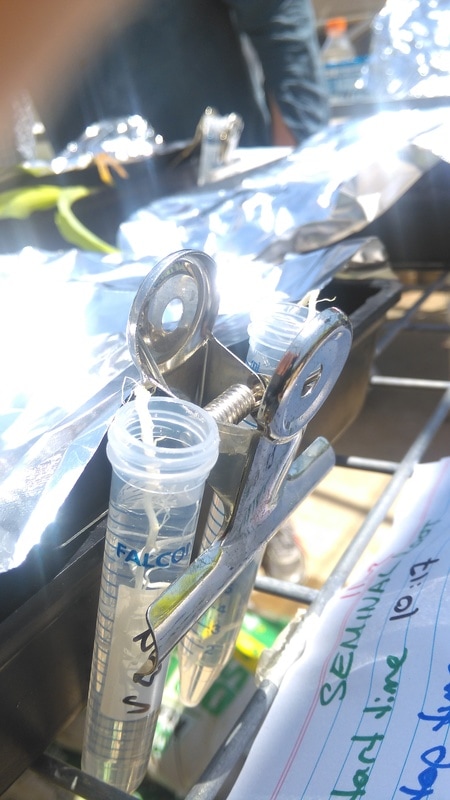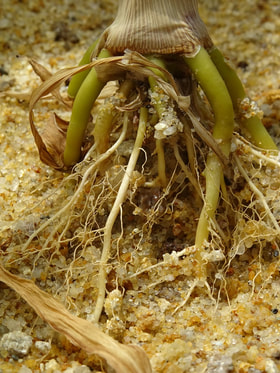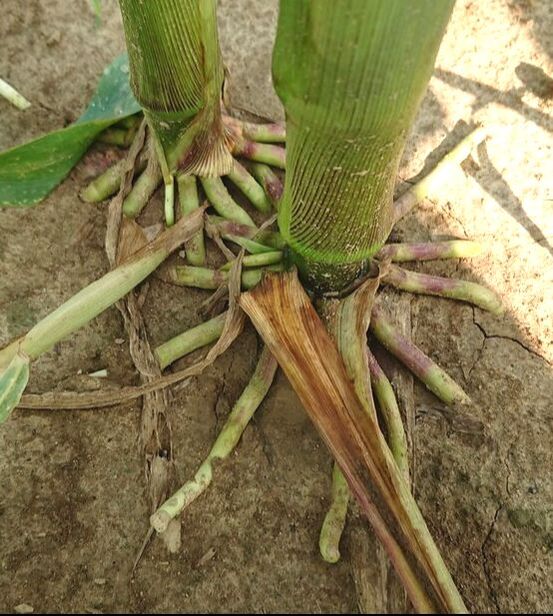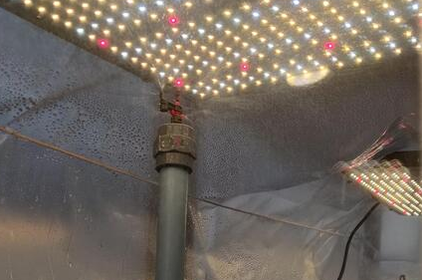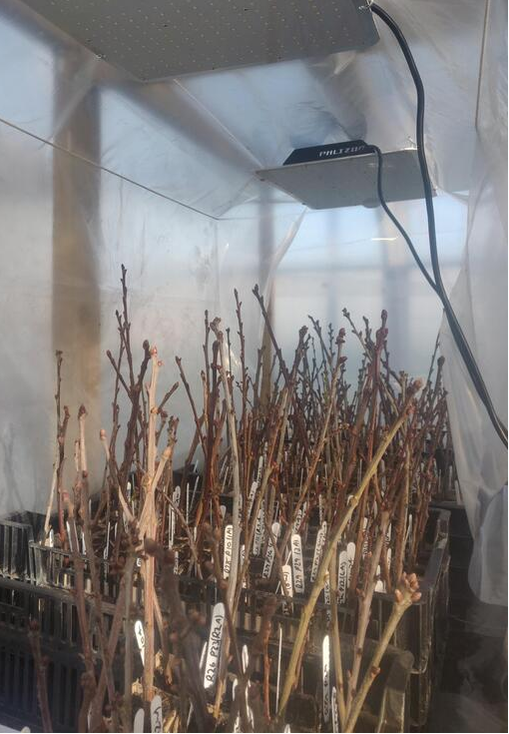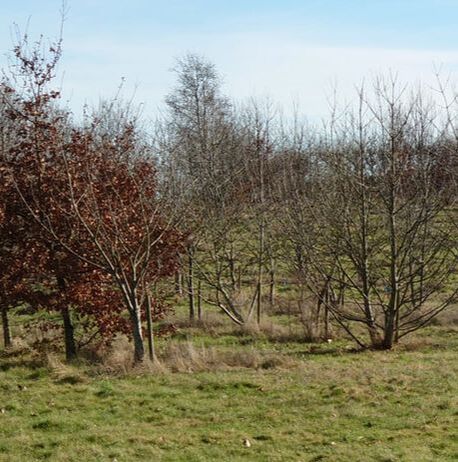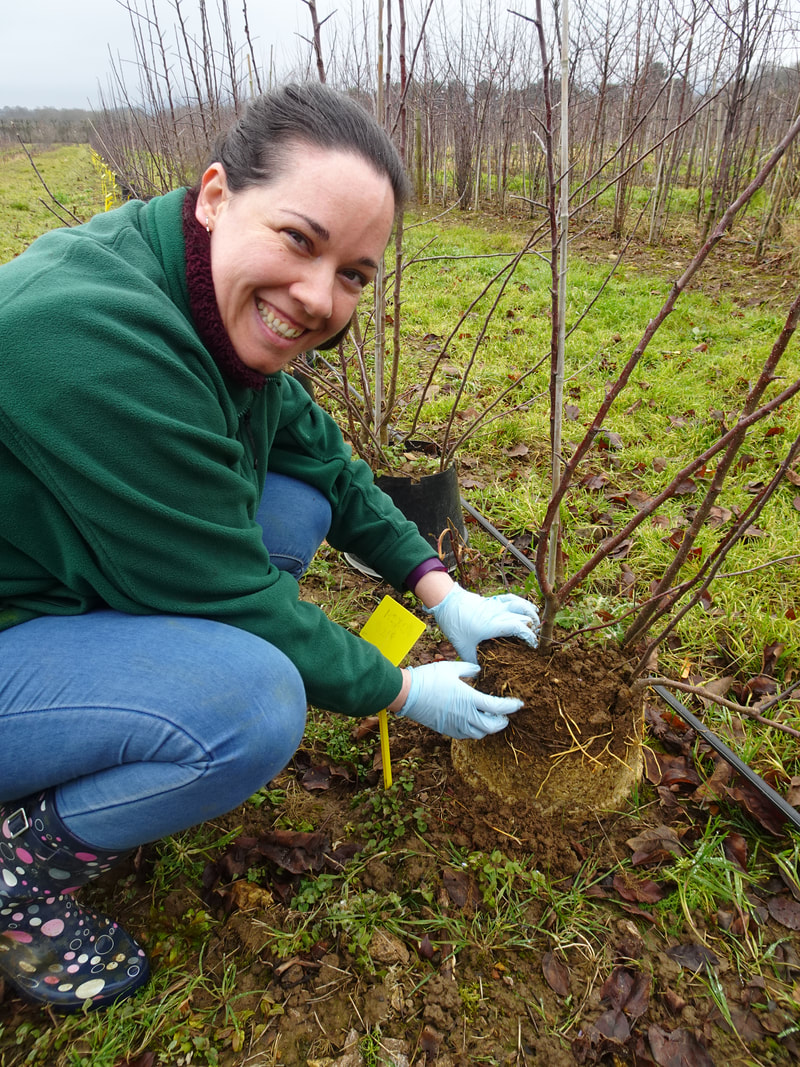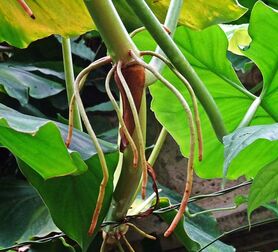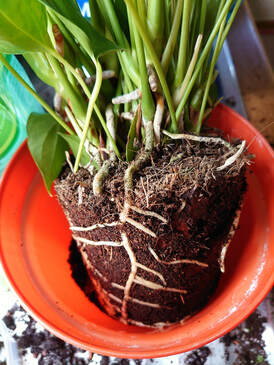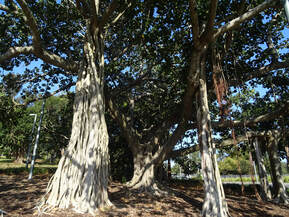Adventitious Root Physiology Research
Crop root types - responses to the environment
|
Functional differences between maize root types
- nutrient uptake and responses People: Amanda Rasmussen, Findimila Ishaya This research will improve our understanding of the functioning of an important class of roots in our most important cereal crops. Understanding how these roots respond to different environments will allow us to breed more effective crops to improve food production more sustainably. Funding: KWS SAAT SE Royal Society Research Grant Nottingham Research Fellowship Rank Prize New Lecturer Award Collaborators: Prof. Susanne Schmidt (The University of Queensland, Australia); Prof. Sacha Mooney (University of Nottingham, UK); Assoc. Prof. Tim Cavagnaro (The University of Adelaide, Australia); Prof. Ian Dodd (Lancaster Environment Centre, University of Lancaster, UK); Assoc. Prof. Jose Gutierrez-Marcos (University of Warwick, UK); Prof. Frank Hochholdinger (Bonn University, Germany). Understanding supply and support trade-offs in maize aerial roots
People: Amanda Rasmussen and Erin Sparks (University of Delaware) To optimise plant resilience and productivity under ever changing environments we need to understand the trade-offs between optimising different plant functions. This research explores whether there are trade-offs in support and supply for maize root types. This exciting cross-disciplinary project combines my expertise on resource supply with Sparks' expertise on mechanical support to determine whether we can identify germplasm that optimises both strength and resource capture and movement. We will unravel what controls the trade-off between supply and support to understand the boundaries so we can optimise maize varieties for local conditions, providing farmers with the best chance at future-proofing their farm and our food supplies. Funding: Royal Society International Exchange Grant 2021-2023 Supervisors: Amanda Rasmussen (UoN); Erin Sparks (UDel) |
Woody species - cutting propagation
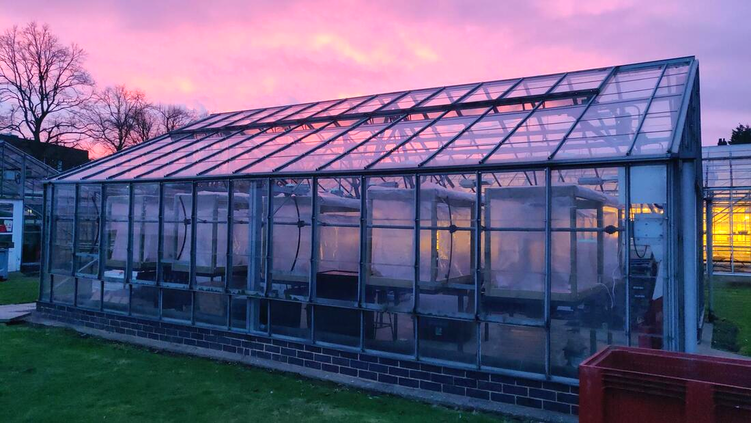
Tree Cutting propagation
People: Amanda Rasmussen, Johnatan Vilasboa (Post doc), Nadeesha Lewke Bandara (KTP Associate), Vaishali Panwar (PhD) The UK Government has pledged to plant more trees (40,000 ha per year by 2030). This research aims to improve our understanding of different plant hormone signals controlling stem-formed roots on the base of cuttings. Improving rooting of tree cuttings from a genetically diverse base of stock-plants will facilitate the production of large scale tree plantings, multiplication of disease resistant or stress resilient trees or endangered species. Collaborators: Prof Jonathan Aylott (School of Pharmacy, UoN); Matevz Papp-Rupar, Louisa Robinson-Boyer (NIAB-EMR); Jo Clark (Future Trees Trust); Ed Marley, Kevin Hobbs (Whetman Plants International (WPI)). Funding: Tree Production Innovation Fund. 2022-2025 (UoN; NIAB-EMR; FTT) Tree Production Innovation Fund. 2021-2022 (UoN; WPI; NIAB-EMR) Knowledge Transfer Partnership (WPI): 2022-2025 BBSRC CASE studentship (WPI): 2022-2026 BBSRC DTP: 2021-2025 Future positions: Apple Root-stocks
People: Magdalena Cobo-Medina This research aims to improve our understanding of differences in nutrient use efficiency in apple root-stocks. Supervisors: Amanda Rasmussen (UoN); Richard Harrison (NIAB-EMR, UK); Funding: CDT PhD studentship |
Aerial roots - Ecological options for urban spaces
|
Physiological roles of aerial roots in urban environments
People: Amanda Rasmussen, Susan Abernathy Aerial roots are essential to plants growing in diverse ecological niches. They help plants climb from ground up trunks, survive in the canopy as epiphytes or stretch their roots down to the ground as hemi-epiphytes. Little is known about the physiology of these fascinating and diverse root types despite many plants selected for urban greenspace also depending on them. Understanding the physiology of stem-root types will improve urban greenspace management, enhancing plant diversity in city-scapes with flow-on implications for wider biodiversity and improving mental health. Collaborators: Future positions: |
Other Research
Plants on the Pill: Crop root responses to wastewater pharmaceuticals
People: Amanda Rasmussen, MD Khaled Mosharaf (PhD student)
This research will improve our understanding of crop physiology responses to human pharmaceuticals found in waste water. Understanding how pharmaceutical interact with plant functioning during soil exposure will allow us to breed crops more efficiently with respect to water use, improving sustainable food production.
Collaborators: Salim Alam; Rachel Gomes (Faculty of Engineering, UoN); Sarah Cook (Warwick University)
Funding: Commonwealth PhD Scholarship
University of Nottingham Agriculture and Food Security Research Priority Area (AFS RPA) pump priming
Future positions:
This research will improve our understanding of crop physiology responses to human pharmaceuticals found in waste water. Understanding how pharmaceutical interact with plant functioning during soil exposure will allow us to breed crops more efficiently with respect to water use, improving sustainable food production.
Collaborators: Salim Alam; Rachel Gomes (Faculty of Engineering, UoN); Sarah Cook (Warwick University)
Funding: Commonwealth PhD Scholarship
University of Nottingham Agriculture and Food Security Research Priority Area (AFS RPA) pump priming
Future positions:
Wheat roots
People: Olivia Cousins
This research will improve our understanding of the functioning of an important class of roots in our most important cereal crops. Understanding how these roots respond to different environments will allow us to breed more effective crops to improve food production more sustainably.
Funding: Adelaide-Nottingham joint studentships
Supervisors: Sacha Mooney (UoN), Tim Cavagnaro (UoA; soilecology.org), Amanda Rasmussen (UoN), Ronald Smernik (UoA)
This research will improve our understanding of the functioning of an important class of roots in our most important cereal crops. Understanding how these roots respond to different environments will allow us to breed more effective crops to improve food production more sustainably.
Funding: Adelaide-Nottingham joint studentships
Supervisors: Sacha Mooney (UoN), Tim Cavagnaro (UoA; soilecology.org), Amanda Rasmussen (UoN), Ronald Smernik (UoA)
Future Research Opportunities
PhD projects
If you're interested in joining the team on a post-doctoral fellowship do get in touch at [email protected]. The links below are to a few fellowship schemes but this list is by no means exhaustive.
Newton International Fellowships
Marie Sklodowska - Curie Fellowships
Human Frontiers Fellowships
If you're interested in joining the team on a post-doctoral fellowship do get in touch at [email protected]. The links below are to a few fellowship schemes but this list is by no means exhaustive.
Newton International Fellowships
Marie Sklodowska - Curie Fellowships
Human Frontiers Fellowships
